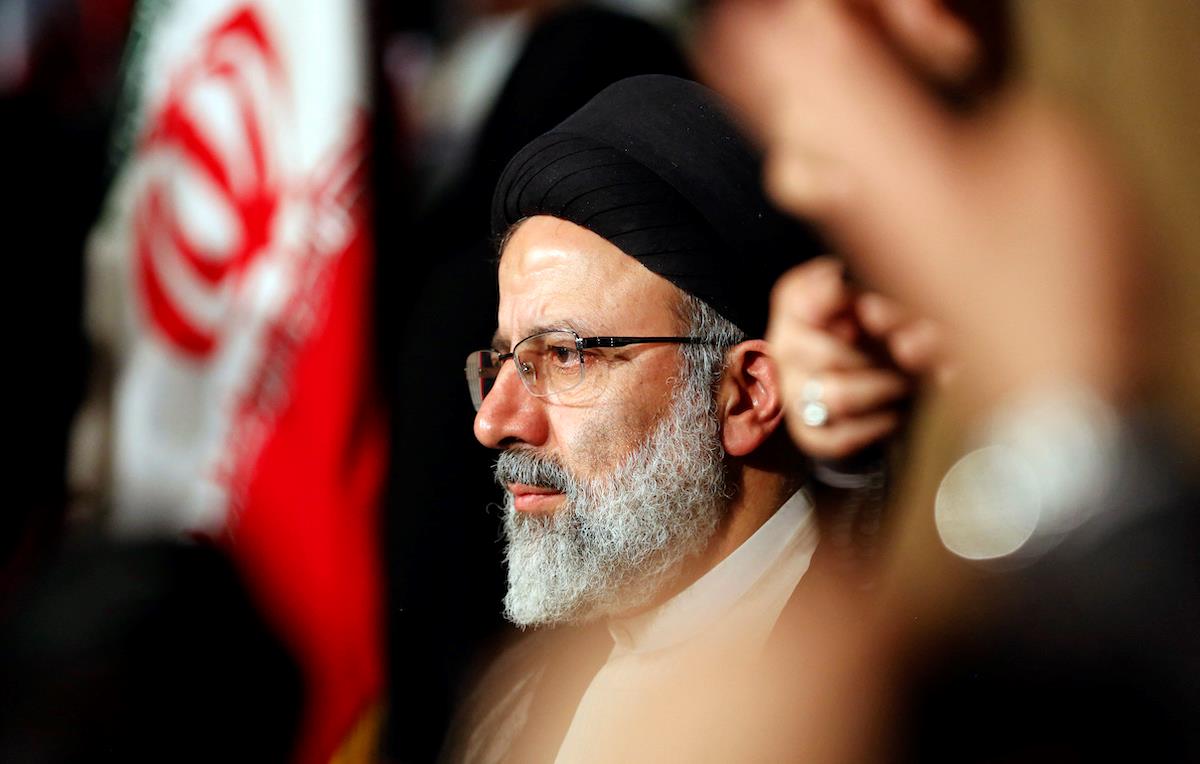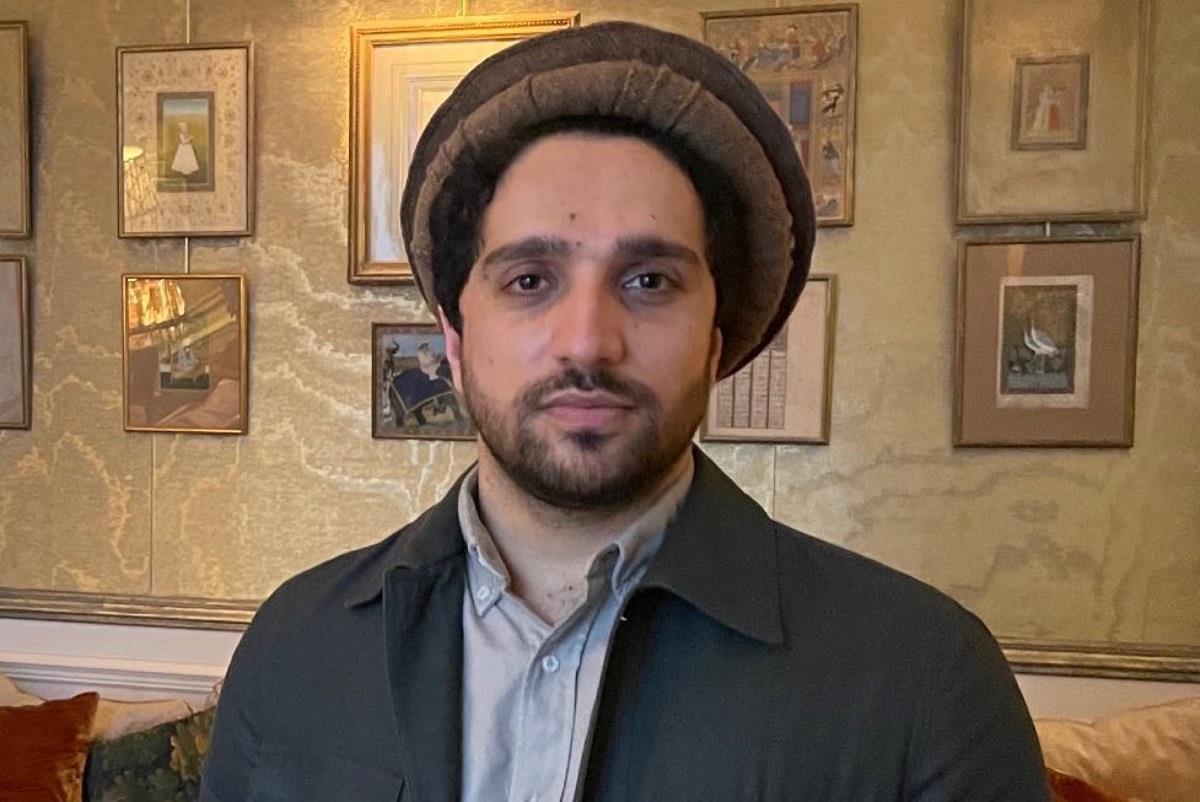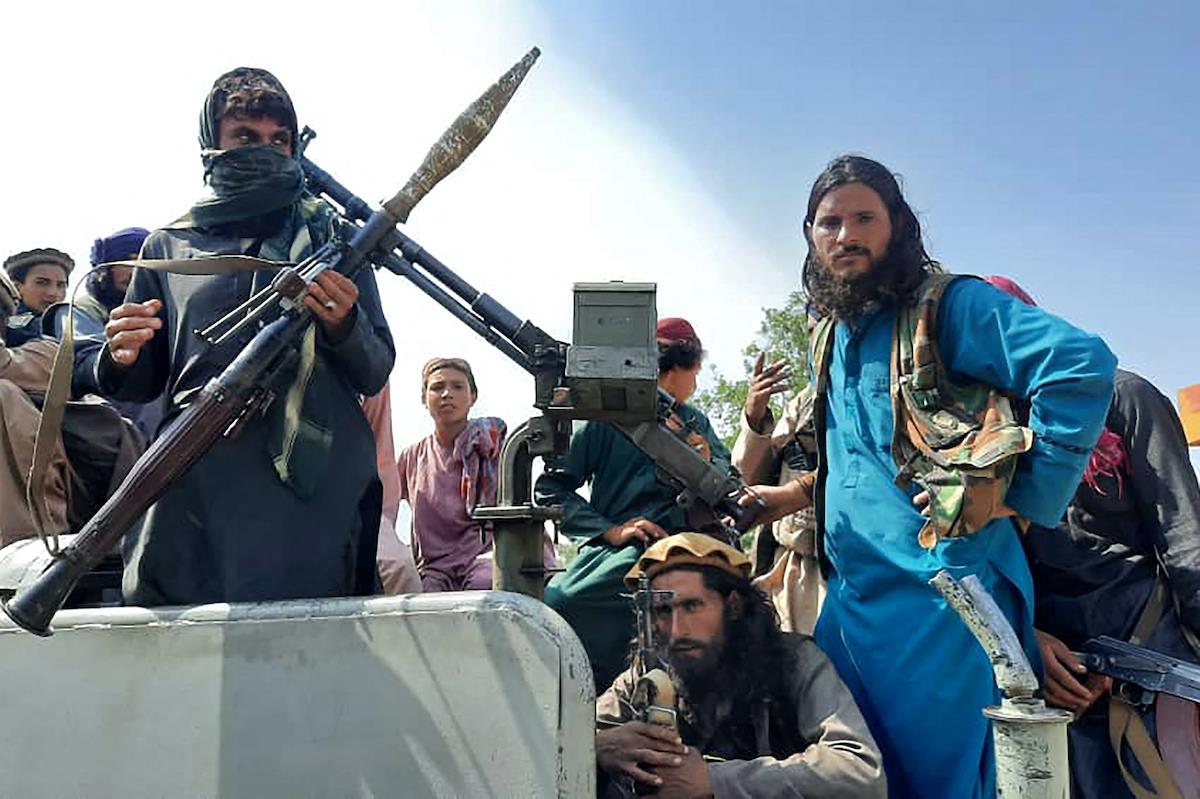(MENAFN- Asia Times) As the Taliban moves to establish its new Islamic Emirate in Afghanistan, neighboring Iran is divided on whether to grant the Islamist regime its stamp of diplomatic approval.
While Iranian authorities no doubt welcome America's military departure from neighboring Afghanistan, Tehran and the Taliban have their own troubled and turbulent history – one that will be hard to bridge and sell to the Iranian public that the militant group has changed its stripes.
Officially, Iran has lent its voice to wider international calls for the formation of an“inclusive” Afghan government representative of the nation's diverse ethnic and cultural makeup to avoid future conflicts. The Taliban's announced line-up, dominated by Pashtun Sunnis, did little to answer those calls, however. Iran is majority Shiite, meaning the two sides practice competing and antagonistic versions of Islam.
Saeed Khatibzadeh, spokesman of Iran's Foreign Ministry, said on August 24 when asked about Tehran recognizing a Taliban-led government,“It is early for us to make a decision on the future government in Afghanistan. Essentially, we are not at that stage at present.”
Since then, the Islamic Republic leadership hasn't signaled any formal decision on forging diplomatic ties with the new fundamentalist Emirate.
That's likely because Tehran is wary of a possible popular backlash among Iranians who recall the Taliban's violent ways while in power from 1996-2001 and its persistent persecution of Hazara Shiites, a Persian-speaking ethnic minority in Afghanistan that number around 500,000 in Iran, many arriving as refugees.
At the 2021 Shanghai Cooperation Organization summit held last week in Dushanbe, Tajikistan, Iranian President Ebrahim Raisi addressed the ongoing crisis in Afghanistan in a speech, saying“the issue of Afghanistan is complex but recognized, and the solutions are intricate but within reach.”

Iranian President Ebrahim Raisi looks on during a campaign rally in the capital Tehran on April 29, 2017. Photo: AFP / Atta Kenare
He added that the Islamic Republic is prepared to supply resources, as in the past,“to contribute to the advancement of intra-Afghan dialogue and peace process.”
But Raisi didn't refer to Iran's plans to cooperate or engage with the Taliban or Tehran's conditions for recognizing its Islamic Emirate. Some suggest his government prefers to make decisions and overtures from behind the scenes and prefers to wait for allies China and Russia to lead the diplomatic way.
Raisi's government must strike a delicate foreign and domestic balance. To many Iranians, the leader of the National Resistance Front of Afghanistan in Panjshir, Ahmad Massoud, is an audacious hero whose unflinching fight against the Taliban serves as an example for all those who are suffering under tyrannical regimes.
Massoud's appeal lies in the fact that he spent his secondary school education in Iran and speaks eloquent Persian. His credentials as a UK-trained politician with close ties with Western leaders also strikes a chord with segments of young, urban Iranians. His late father Ahmad Shah Massoud, assassinated by al-Qaeda in 2001, was also admired among Iranians as an iconic freedom fighter.
When Fahim Dashti, the illustrious Afghan journalist and spokesperson of the National Resistance Front of Afghanistan was killed on September 5, Iranian social media was flooded with messages of condolences and sympathy, heaping praise on a“martyr” many netizens said sacrificed his life to shield his country from fundamentalism and bigotry.
A group of more than 300 distinguished Iranians, including former parliamentarians, journalists, artists, university professors and human rights activists, sent a letter of condolence to Ahmad Massoud lamenting the loss of Dashti, whose death they wrote,“filled the hearts of all Iranians setting their sights on the resistance of Panjshir with dejection and anxiety.”

Afghan refugees gathered at the Sistan / Baluchestan border in August try to enter Iran. Photo: AFP / Iranian Red Crescent
Iran's former reformist president Mohammad Khatami, who has been barred from making public appearances after stepping down in 2005, said,“Afghanistan … is exposed to the major and broad-ranging threat of the Taliban's version of Islam.”
Khatami has warned against the menace of an“ethnic, cultural and social apartheid” originating from the Taliban that puts the entire region, if not world, in jeopardy.
Iranians have been sharing with shock and consternation videos and photos trickling out of Afghanistan showing the Taliban whipping women on the streets, holding protesters at gunpoint, ransacking newspaper offices and torturing journalists, and drawing curtains between girls and boys at universities. Messages of solidarity with Afghans opposed to Taliban rule have recently gone viral in Iran.
That said, Afghanistan's new hardline rulers have staunch supporters in Iran as well.
Religious traditionalists, conservatives allied with Raisi's government and those typically known as the hardliners have valorized the Taliban as a group that has firmly defied the US“occupation” and“aggression” and secured the sovereignty of Afghanistan. They recognize and laud the Taliban as the sole entity that can usher in a genuine Islamic government.
Conservative newspapers like Kayhan and Javan have ridiculed the idea of an Iranian military intervention in the Panjshir Valley while fanatical ideologues have labeled Ahmad Massoud as a hireling of the United States.
Ali Ahmadi, a scholar of US foreign policy and the Middle East in Tehran and a contributor to The National Interest, says in addition to the ideological differences between the Islamic Republic and Massoud's movement, Iran doesn't want to close the way to engaging with the Taliban in the future.
“The groups in places like Iraq and Syria are politically and ideologically very aligned with Iran. They also want US influence out of the region. Massoud, however, has been mainly courting US and Western support,” he said.

Ahmad Massoud's anti-Taliban National Resistance Front forces are weak. Photo: AFP / EyePress News
“But the main issue, ultimately, is that despite protests in various parts of Afghanistan, Massoud's military uprising seems rather weak at this point and, for Iran, burning what bridges you have with the Taliban may not be worth supporting this cause,” he told Asia Times.
Ahmadi says even if Iran embarks on a long-term relationship with the Taliban, ties will be rooted in a desire to contain the spillover effects of instability along its borders and the lack of other options.
“I'm sure it will be a political debate around the subject but I don't think anyone sees the Taliban as a reliable partner, just the only option. This is why there is so much ambivalence in Tehran about what to do next. Tehran might be happy that the US is gone but that doesn't mean they have any attractive or even workable policy options.”
Other analysts stress relations with the Taliban will not necessarily be productive for Iran, arguing instead that a civilian and internationally recognized government in Kabul would better serve Iran's political, security and economic interests. Whether or not Iran will be able to benefit from trade with Afghanistan under the Islamic Emirate like before is open to question.
“The decision to support the Taliban is not the result of a well-calculated strategy. It is rather a manifestation of the idea that the enemy of my enemy is my friend,” said Afshin Shahi, a senior lecturer in Middle East politics and international relations at Bradford University.
“The Islamic Republic wanted to see the back of Americans in Afghanistan even if the cost of that is the empowerment of the Taliban. Before the fall of Kabul, approximately 25% of Afghanistan's international trade was with Iran. Had the same system continued, Iran had the potential to significantly expand its economic interests in Afghanistan,” he added.

An Afghan refugee ties cloths on a religious symbol during a Muharram mourning ceremony for praying for peace and Afghanistan in Tehran province. Photo: AFP / Morteza Nikoubazl / NurPhoto
Many in Afghan civil society including academics, journalists, women rights activists and partners of international organizations are concerned that international recognition of the Taliban's rule, achieved through violence rather than politics, will kill off the democratic aspirations of Afghans who have rejected the Taliban's takeover.
“The possibility of Tehran recognizing the Taliban regime in Kabul is real. Iran's embassy in Kabul is functional. Qataris are mediating between the Taliban and Tehran, unfortunately, with great success, I should say,” said Tabish Forugh, an Afghan writer and a former democracy fellow at the US Congress-funded National Endowment for Democracy in Washington DC.
“I am not sure if memories of the 20 Iranian diplomats and thousands of Afghans whom the Taliban massacred can persuade the regime to avoid recognizing a terrorist group as the legitimate government of Afghanistan,” he told Asia Times, referring to a previous nadir in bilateral ties during the Taliban's previous rule.
Forugh, for one, commends the outpouring of Iranian support for many Afghans' enduring democratic aspirations.
“The wave of emotional support, sympathy, and love we have seen from Iranians over the last few weeks has been incredible. It shows that we, Afghans and Iranians, perhaps better than anyone else, know how it feels to be deprived of freedom, exiled, and living under a totalitarian Islamist regime,” he said.

Taliban fighters sit on a vehicle on a street in Laghman province on August 15, 2021. Photo: AFP
Some scholars suggest despite Iran's caution about recognizing the Islamic Emirate, they will eventually find common grounds leading to a marriage of diplomatic convenience, despite differences over sectarian interests.
“Despite the fact that Iran's Islamist regime is a Shia model and the Taliban is a Sunni Deobandi movement driven by a different sect of Islam, they are united in that they are both fundamentalist and radical in terms of their religious orientation and the way they oppose the West, particularly the US,” said Omar Sadr, an assistant professor of political science at the American University of Afghanistan.
“It is not just them but most other radical Islamist groups across the globe have been inspired by how the Taliban took over Kabul and defeated the West, so it's a sign of hope for them,” he told Asia Times.
MENAFN20092021000159011032ID1102829596